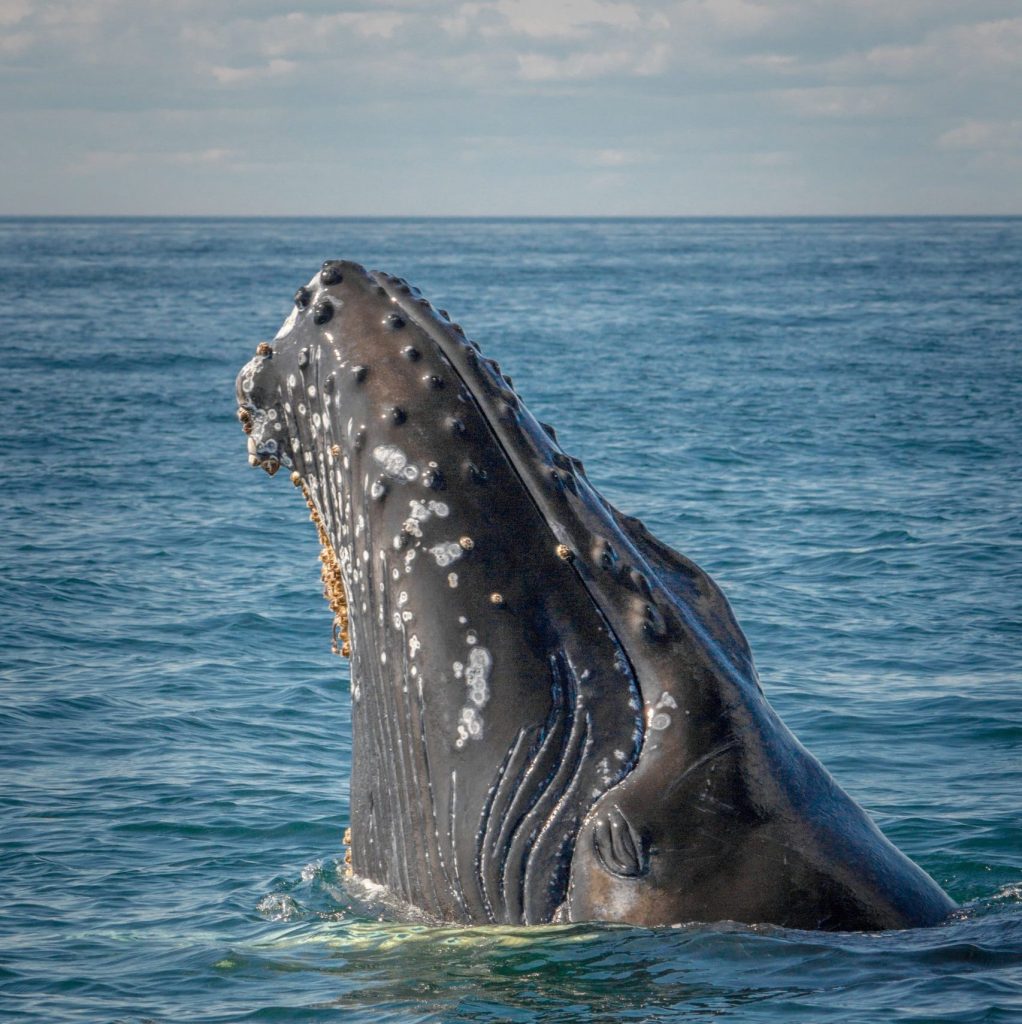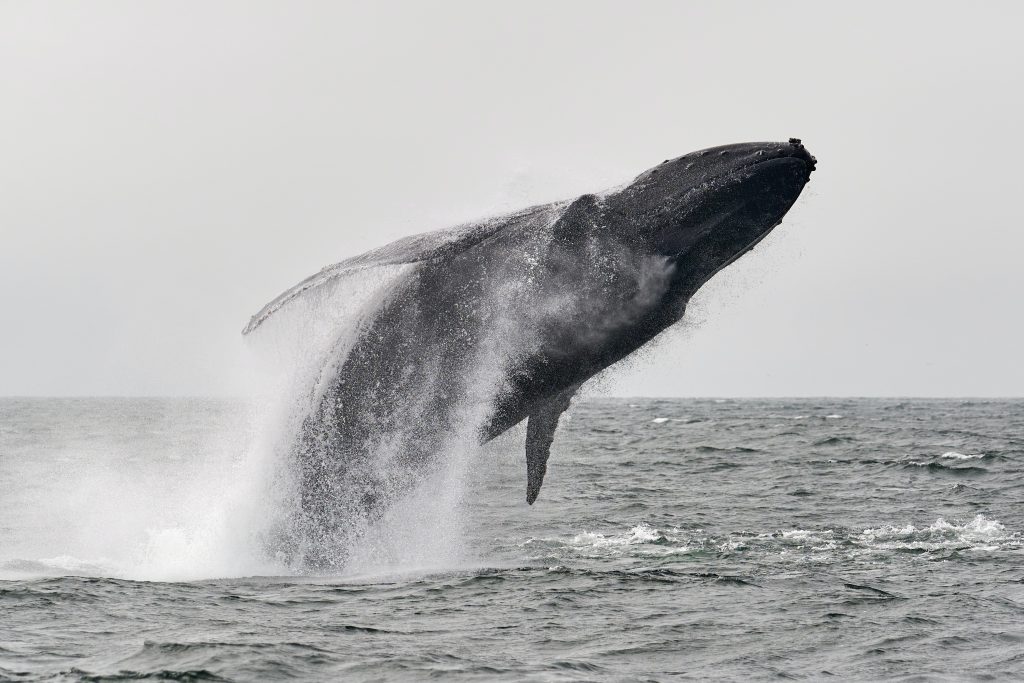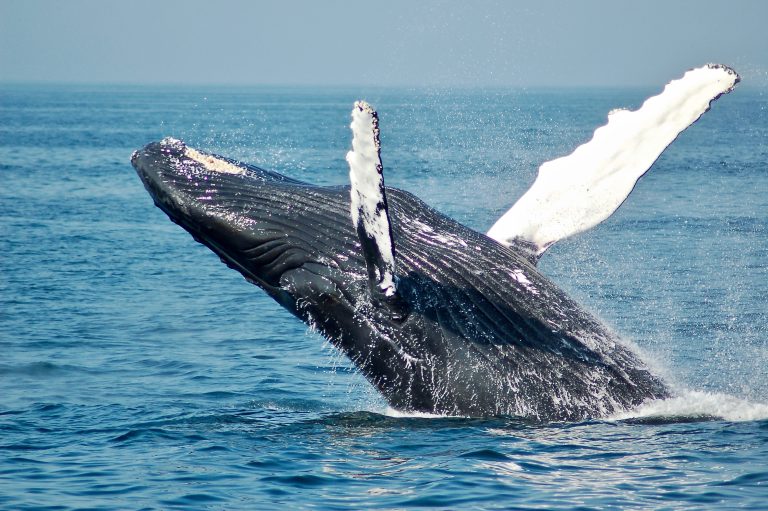Michelle Fournet, a professor of marine biology at the University of New Hampshire, and the Earth Species Project are working to train AI to understand whale communication codas.
Whales are among the most intelligent creatures on Earth, and scientists have long been fascinated by their communication. In recent years, there has been growing interest in using artificial intelligence to help us decipher the complex signals of these marine mammals.
Fournet has been studying whale communication data for over a decade. She has collected the calls that humpbacks make and compiled them into a catalogue that was later sent to the Earth Species Project, a group of technologists and engineers who are using artificial intelligence to recreate whale codas.
The Earth Species Project has recently published a foundation model for animal communication that can accurately identify beluga whale calls. The organisation hopes to one day create a universal translator that will open up the possibility of understanding the languages of all animals, from humpbacks to spiders.
Speaking of whales, the idea is not just to copy the sounds they make, but to establish a field of communication between humans and these marine creatures. Deciphering whale language does, however, present some challenges. For example, while the group of animals can talk to each other all at once, it is quite complicated to understand their noisy “chatter”.
The Earth Species Project is not the only group working to decipher animal communication. Project CETI is also studying the communication of sperm whales in the Dominican Republic. Both the Earth Species Project and Project CETI are in their early stages, but they have the potential to revolutionise our understanding of animals and their communication.



Featured image by TODD CRAVENS

